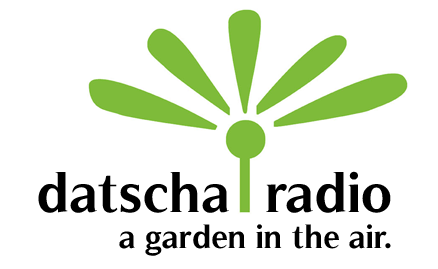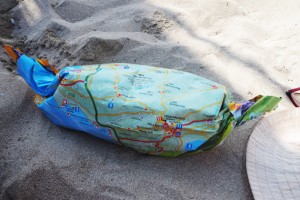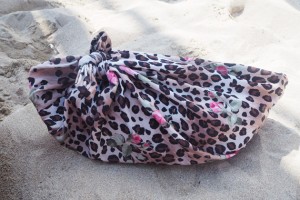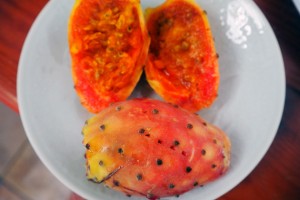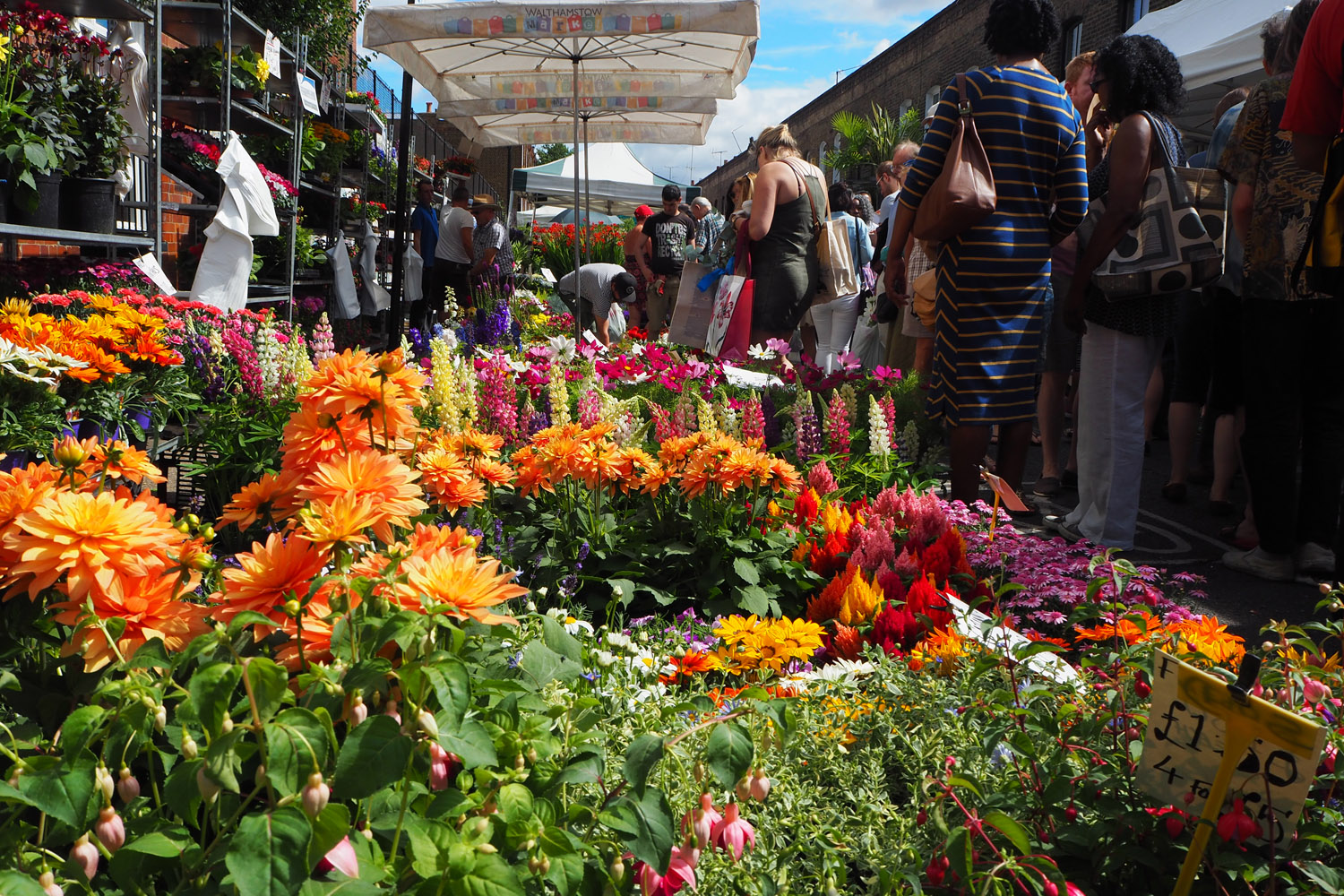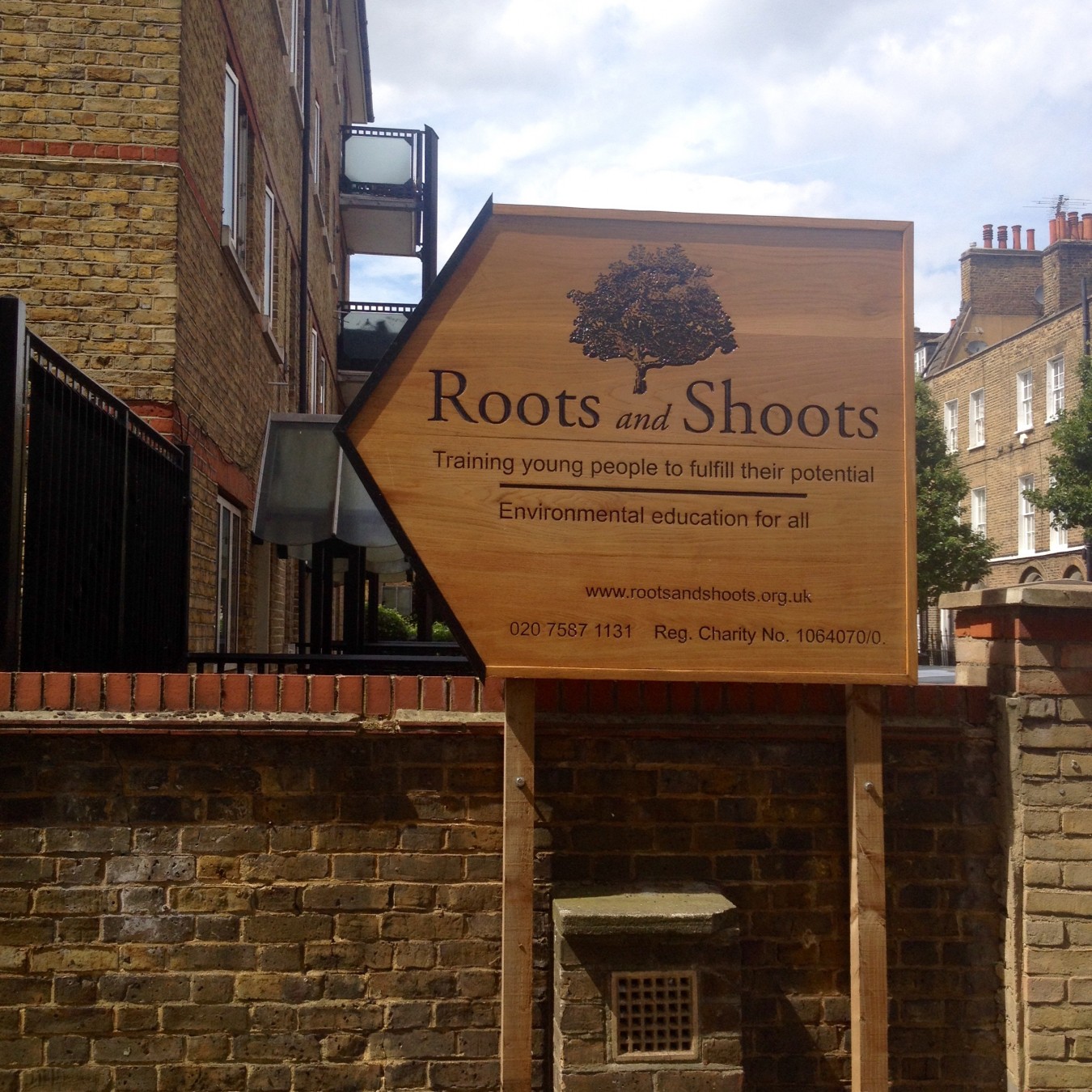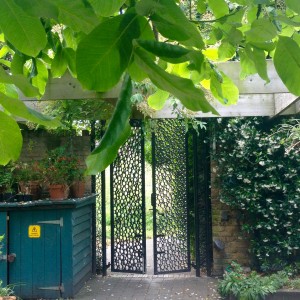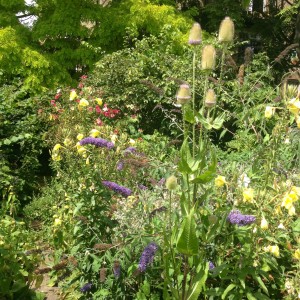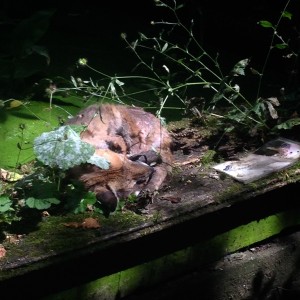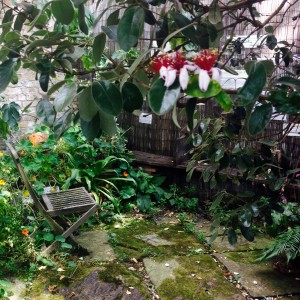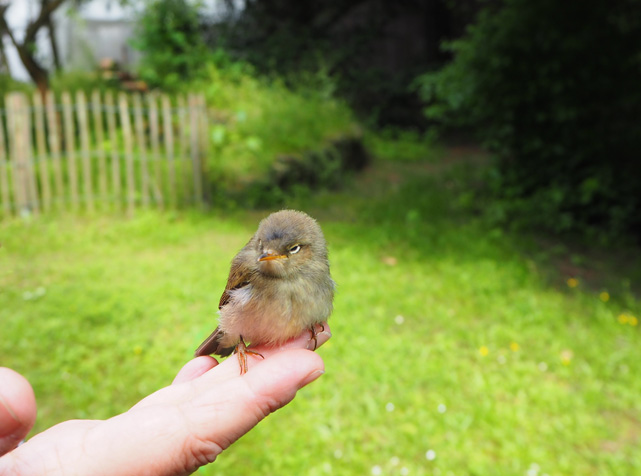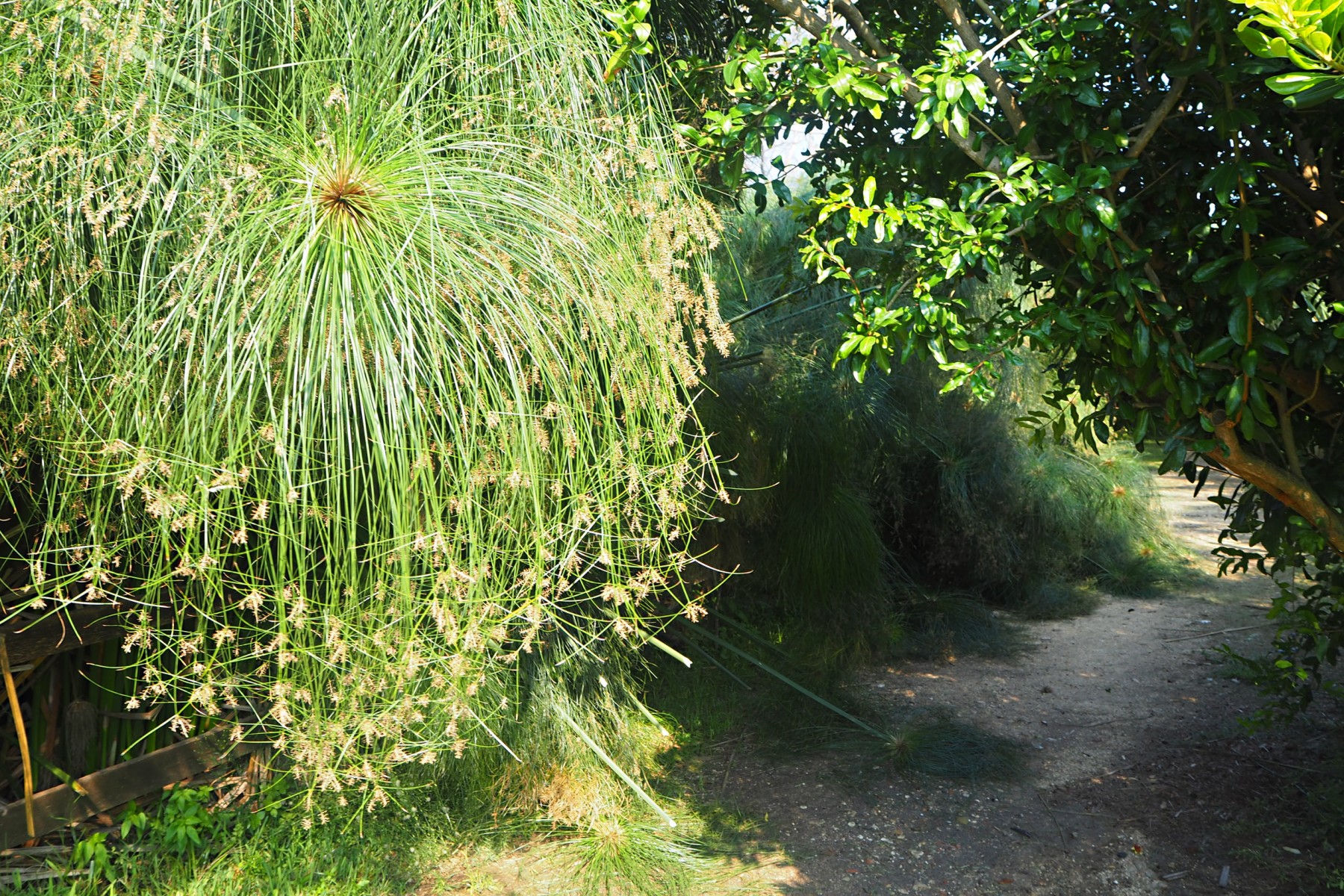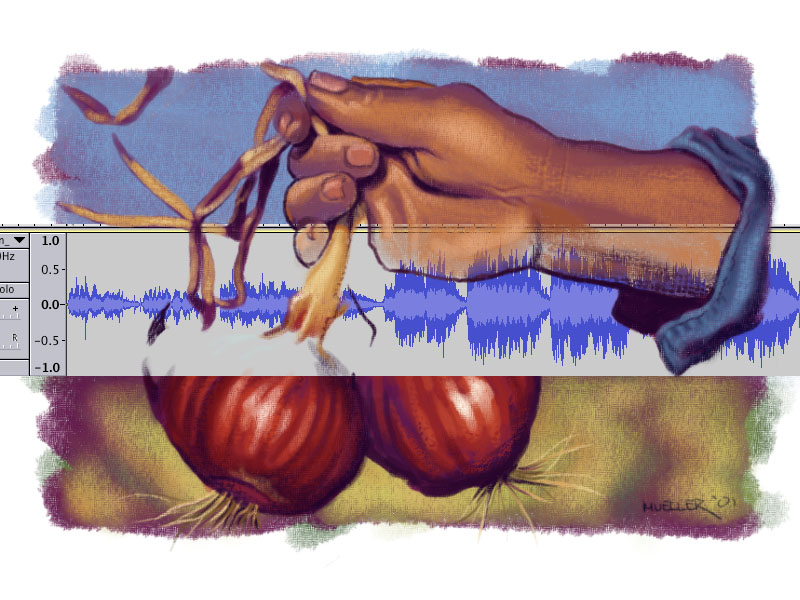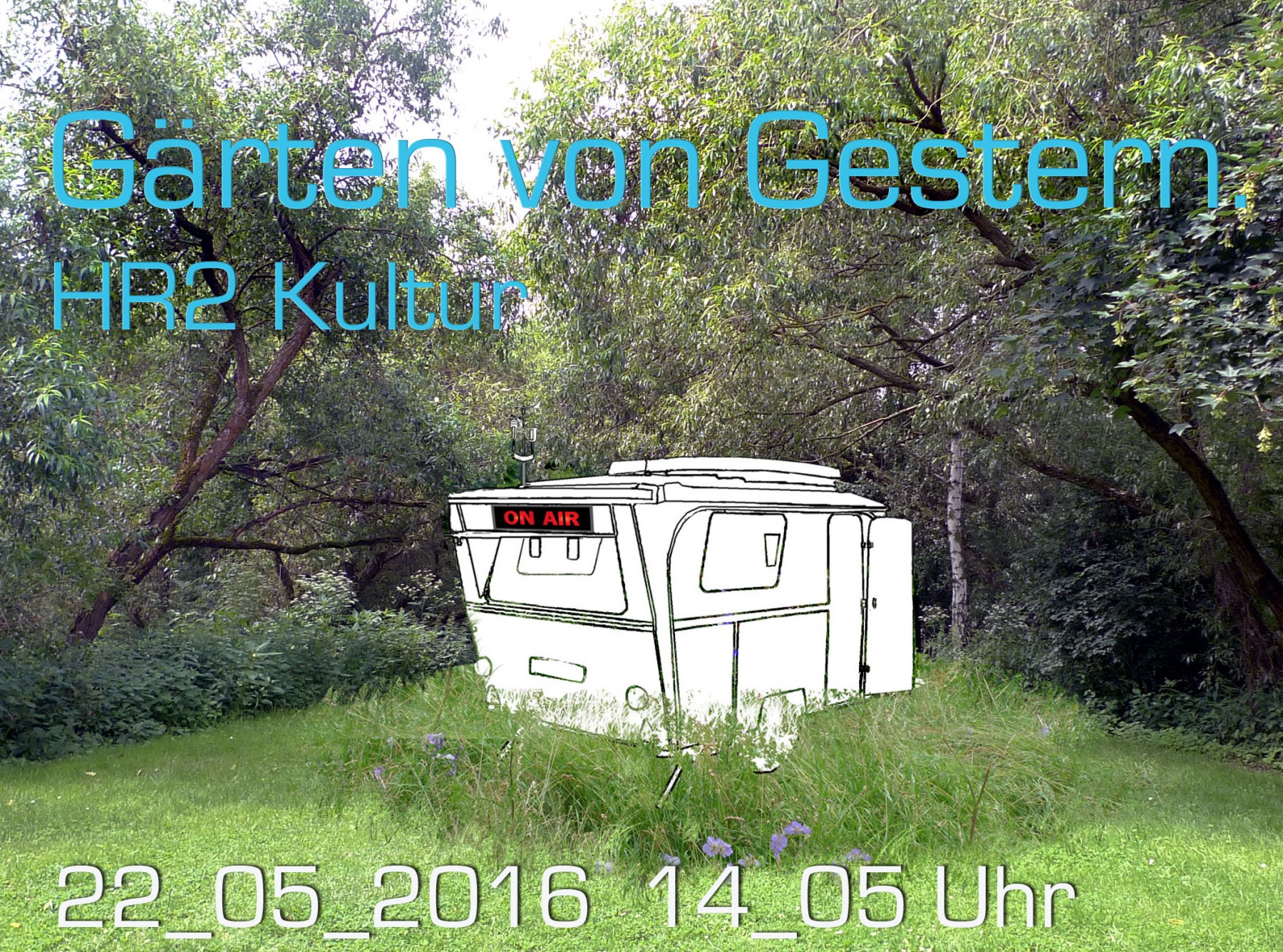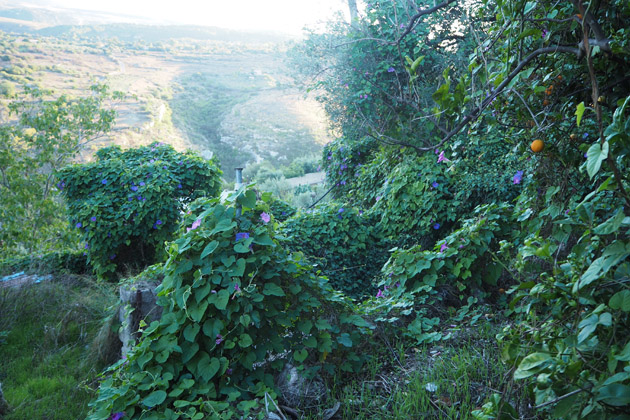
The garden of the Cappuccine convent in Sortino lies deserted, enclosed by high walls, and less than 2% of the inhabitants have ever set a foot into it. Padre Matteo opened its doors for us. A former orchard and herb garden that hasn’t been tended for years. It is overgrown with Iopomea, oranges lie in the grasses, giant fennel (Ferla) stalks stand briskly in your way. There are olive, almond and lemon trees. Crumbling stone steps lead up to the high cedars that flank the North side of the enclosure. To the South we can see the lands of prehistoric Pantalicca and the valley of the invisible river – “Anapo” means invisible and it is called like that because this river disappears three times in the ground and resurfaces again.
Read More
